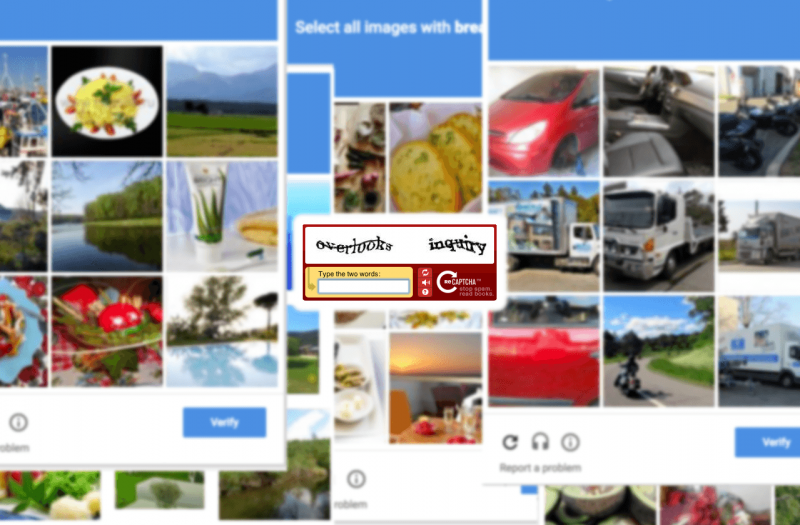Security News

Privitar, the leading data privacy platform provider, announced that the Privitar Data Privacy Platform is now available in AWS Marketplace, a digital catalog with thousands of software listings from independent software vendors that make it easy to find, test, buy, and deploy software that runs on Amazon Web Services. Privitar's availability in AWS Marketplace makes it easier for customers to start using software designed to protect sensitive data and accelerate safe data provisioning so they can increase insights, share data with more users, and accelerate time to data.

On March 17, 2020, the federal government relaxed a number of telehealth-related regulatory requirements due to COVID-19. On April 3, 2020, California Governor Gavin Newsom issued Executive Order N-43-20, which relaxes various telehealth reporting requirements, penalties, and enforcements otherwise imposed under state laws, including those associated with unauthorized access and disclosure of personal information through telehealth mediums.

In 1965, Gordon Moore published a short informal paper, Cramming more components onto integrated circuits. Based on not much more but these few data points and his knowledge of silicon chip development - he was head of R&D at Fairchild Semiconductors, the company that was to seed Silicon Valley - he said that for the next decade, component counts by area could double every year.

One tech company is harnessing artificial intelligence, thermal imaging, and real-time surveillance data to mitigate the spread of the coronavirus. As the coronavirus pandemic continues to take its toll on populations and economies around the globe, governments and private industries are harnessing real-time monitoring solutions and artificial intelligence to mitigate the spread. However, these surveillance technologies also bring up a litany of concerns related to privacy, civil liberties, and data collection.
Despite the companies' insistence that privacy will be "Of utmost importance," some in the security space remain wary of data privacy concerns around the newly announced technology. Many such coronavirus tracking apps are already available, such as COVID Symptom Tracker and Private Kit SafePaths.

Cloudflare is nixing Google's reCAPTCHA tool and replacing it with what the network services company's CEO calls "a better CAPTCHA" service, hCaptcha. Cloudflare said the main driver for the swap was that Google is now charging for use of its reCAPTCHA tool - but customer privacy and availability were other factors.

London-based data privacy company Privitar this week announced that it has raised $80 million in a Series C funding round, which brings the total amount raised to date to more than $143 million. Privitar provides a data privacy and anonymisation platform that enables organizations to obtain data-driven insights without putting sensitive employee, customer and partner information at risk.

Cloudflare on Wednesday said it is ditching Google's reCAPTCHA bot detector for a similar service called hCaptcha out of concerns about privacy and availability, but mostly cost. The biz held a bake-off to pick a new provider, and settled on hCaptcha, a service released last year as an alternative to reCAPTCHA. According to Prince and Isasi, hCaptcha doesn't sell personal data and made commitments to use info collected from Cloudflare only to improve the service.

Governments worldwide have released COVID-19 mobile apps to provide citizens with useful information and, in some cases, to track individuals in an effort to contain the coronavirus outbreak. An analysis of dozens of nation and government-sponsored mobile applications for Android released to help with the current COVID-19 pandemic has revealed the existence of privacy risks, vulnerabilities and backdoors, ZeroFOX says in a post highlighting three of the analyzed apps.

This raise enables Privitar to further accelerate the development of its data privacy platform, fuel continued innovation, and support key growth initiatives, with a focus on international expansion and increased hiring across sales, services, product development, and other areas of the business. "The Privitar platform enables our customers to unlock and use their data to create better products and services while minimizing friction and risk," said Jason du Preez, CEO of Privitar.